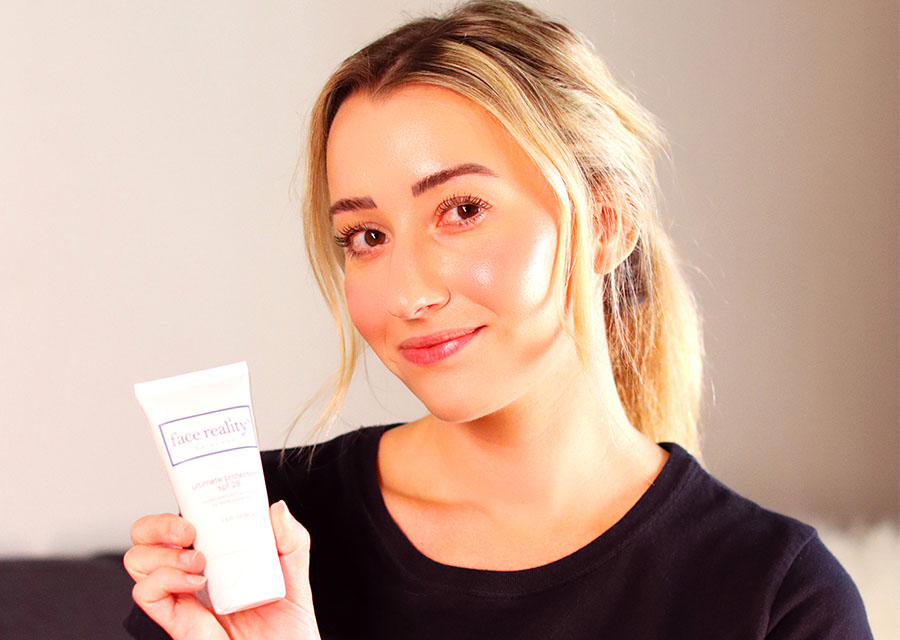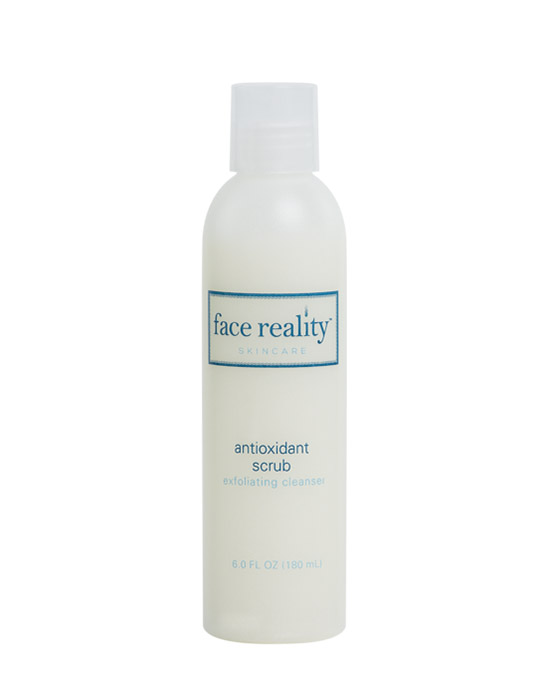
12 Tips to Clear Your Acne
To attain clear skin, prevention is key!
Acne does not discriminate—blemishes can happen to anyone.
While acne is not a major health issue, it plays a significant role in your emotional and social sense. If you are someone who struggles with acne, then you know it deeply it affects your self-confidence and the impacts it can have on your social life or even your productivity at work! Therefore, learning how to prevent breakouts before they happen is key to getting your acne under control.
Why do we get acne?
Acne is an inherited disorder of the skin cells. The inflammation is caused by our excess sebum plugging our pores and hair follicles, hormonal fluctuations that cause the body to secret excess sebum, and bacterial and fungal infections that cause inflammation. Acne severity can also range from blackheads (non-inflamed acne) to whiteheads to cysts (inflamed-acne.)
Nearly 85% of people between the ages of 12 and 24 experience acne! Why some people develop acne while others never do is not entirely clear. But genetics, diet and lifestyle, and environmental influences clearly play a major role.
How to get rid of acne?
Most acne treatments start with prevention—meaning we aim to reduce inflammation, therefore controlling breakouts before they can happen.
Here are 12 tips to help you achieve clearer skin and banish blemishes when they do appear:
1. Keep your face clean.
Begin a simple skincare routine that you can stick to twice a day. Washing your face twice a day helps to reduce inflammation and kill bacteria which causes acne. Ensure that you are removing all makeup and debris so it doesn’t build up and clog your pores.
2. Don't scrub your face with a washcloth
Simply use your hands to clean your face with your cleanser and warm water, then pat your skin dry with a clean towel instead of rubbing it dry. Scrubbing can actually promote acne because it irritates the skin.
3. Avoid exfoliating brushes and tools
While advertisements push the benefits of these facial brushes, avoid them at all costs if you have acne! Many studies have shown that they can actually make acne worse. This is because the over exfoliation causes more inflammation and irritation, resulting in more breakouts.
4. Eat a healthy diet.
I hope that by now most people know that diets low in refined sugars and carbohydrates results in decreased breakouts and healthier skin overall. Something I promote with my clients is for them to keep a food diary to determine if a specific food triggers their breakouts. Eating an overall healthy diet is always good advice, and it will definitely have a positive impact on your skin.
5. Don't ignore your hair care products
If you have an oily scalp then you may need to wash it more often than people who have a dry scalp. I say this because keeping your hair clean (and away or off of your face) will help prevent breakouts on the forehead and cheeks. Most hair products, including shampoos, conditioners, gels and oils can make your acne worse. So if you are someone who struggles with forehead acne and tend to use a lot of hair-care products, consider avoiding it or change it to something acne-safe! In fact, I have a great tool on my website called an “Ingredient Analyzer.” You would simply copy and paste the ingredients of whatever product are you using into the text box, then press Analyze it will tell you if it is acne-safe or not!
6. Shower or wash your face after working out.
Sweat sticks to your face and can cause breakouts to form, so it’s important after a sweaty workout to wash all the sweat, dirt and debris off the skin. Back and chest acne is especially common in those who are in sports and get sweaty throughout the day. Helpful tip-try using these cleansers in the shower as a body wash to help prevent body acne.
7. Use products specifically formulated for the face.
Lotions and products designed for body care are heavier and can clog the pores on your face. When looking for skincare, try to find a line that targets your specific concerns (acne, aging, pigmentation, etc.) Also, even though you may have acne your skin still needs moisture! So look for products which help to hold moisture in the skin, such as glycerin and hyaluronic acid. And last but not least, always wear sunscreen! Yes, even when inside…how do you think your houseplants are thriving, hm? 😉
8. Use a mineral or water-based, oil-free makeup.
For many years now, makeup has been the go-to for covering up unsightly blemishes. But unfortunately by doing this, you could be making your breakouts worse! Heavy, greasy products with ingredients like shea butter, mineral oil and coconut oil will make acne worse by clogging your pores.
As with lotion and sunscreen, your makeup should be water-based, hypoallergenic, non-comdogneic and oil-free. My favorite makeup is mineral-based because these products contain mica, silica, titanium dioxide and zinc oxide help absorb oil and minimize redness.
9. Take care removing facial hair.
When shaving, use a clean razor, moving carefully downward to avoid nicking blemishes and pimples. Clean the blade regularly and shave in the direction of the hair growth. Waxing and threading, common hair-removal practices unfortunately can contribute to a breakout, so use these methods with caution.
10. Avoid touching your face.
Every time your fingers meet your face, they transfer dirt, oil and bacteria! It can be a tough habit to break, but a crucial one. Wash your hands with soap and warm water frequently — especially after eating — to keep them clean and prevent transfer to your face.
11. Don't pick or pop your pimples. Ever!
This will only increase your chances for inflammation by spreading the bacteria to surrounding pores and can lead to unwanted scarring and post-inflammatory pigmentation.
12. Change your pillowcases every couple days.
If there’s dirt and oil on your pillowcases, it will rub off on your skin while you sleep. We definitely do not want this and it’s a pretty simple fix to just switch out your pillowcases every couple days. It is very important to have a clean area where you rest your face.
When to get help?
Sometimes, despite your best efforts, you can’t control acne on your own. If that’s the case, don’t hesitate to get help from a Licensed Acne Specialist like myself! My job is to shut down the inflammation and help you achieve the clear skin of your dreams. And remember, improvements take time. Oftentimes, you’ll need to be treated for at least four months to start seeing improvements.




You must be logged in to post a comment.